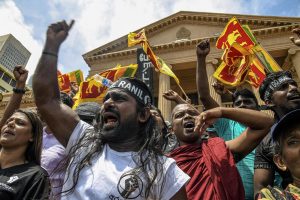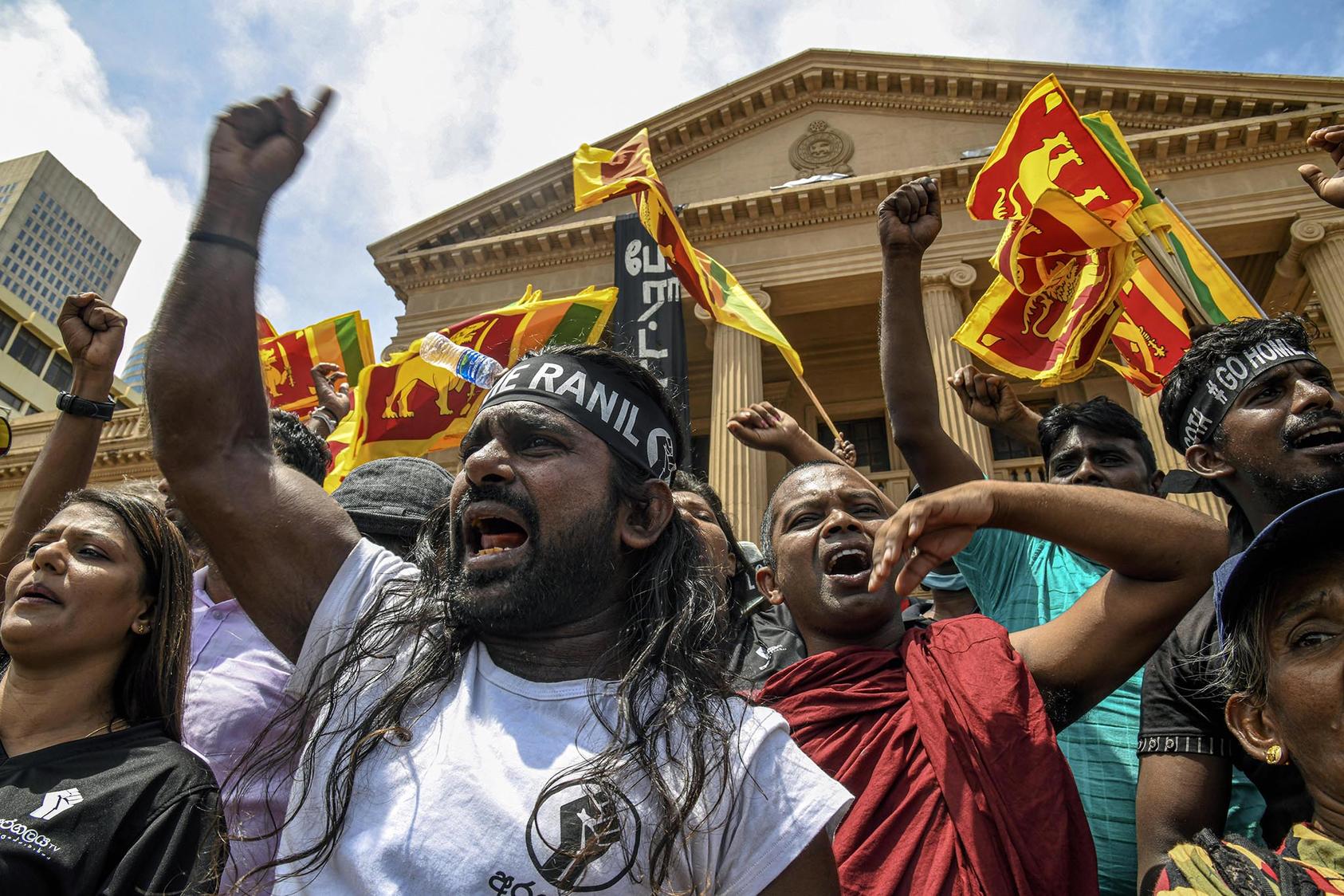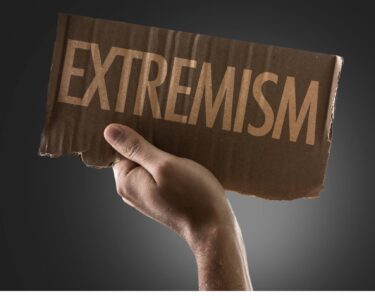Thiruni Kelegama Is Lecturer in Modern South Asian Studies, Oxford School of Global and Area Studies., University of Oxford.in an opinion piece she argues that Sri Lanka badly needs a election that will give legitimacy to governance .
 She argues that elections are necessary to restore democracy and legitimacy to the government. They point out that the current president, Ranil Wickremesinghe, came to power without being elected and that his plans to restructure debt have hurt the working class. The author also expresses concern that Wickremesinghe may be using his time in power to consolidate his grip on power.
She argues that elections are necessary to restore democracy and legitimacy to the government. They point out that the current president, Ranil Wickremesinghe, came to power without being elected and that his plans to restructure debt have hurt the working class. The author also expresses concern that Wickremesinghe may be using his time in power to consolidate his grip on power.
Here are excerpts from Thiruni .Kalegama’s article:
“Five elections will take place in South Asian countries this year, and most will likely return incumbent parties to power. It is not yet clear if Sri Lanka will follow suit”.
“Wickremesinghe, who has already been Sri Lankan prime minister five times, is widely tipped to run for presidency. But he faces vast criticism on the grounds that he came to power without being elected by the people. He won a parliamentary vote to replace Rajapaksa but has no popular mandate”.

“It is expected that he will capitalise on the “stability” he has brought to Sri Lanka since reaching an agreement with the International Monetary Fund to approve a US$2.9 billion (£2.3 billion) loan to help the country through its financial crisis”.
“This stability, however, is a myth and the situation remains dire. More than 17% of Sri Lankans are suffering from food insecurity and are in need of humanitarian assistance”.
“The loan was granted on the condition that Sri Lanka reduce its domestic debt. But Wickremesinghe’s plans to restructure domestic debt have come at the expense of the working population”.
The government plans to decrease interest rates on sovereign bonds held by major pension funds – a cut that would amount to a loss of close to 30% of the value of retirement funds over the next decade.
How not to hold elections
“The act of delaying elections is an undemocratic move. But these delay tactics appear to be a smokescreen, giving Wickremesinghe time to gather support for his presidential nomination”.
“Wickremesinghe is using this extra time as a political ploy too. He has promised to implement the 13th Amendment – a provision of the 1987 Indo-Lanka Accord that guarantees a measure of devolution to the country’s nine provinces. This is most definitely an attempt to appease minorities and use power sharing as a political tool to garner support”.
“Wickremesinghe has used the delay to rush the passing of the Online Safety Act through parliament. Created to provide protection against online harassment, abuse and fraud, this highly repressive law could threaten the right to freedom of expression that is crucial for free and fair elections.”
“Elections are only as good as their contestants. So who are Wickremesinghe and his allies afraid of? Informal surveys reveal the rising popularity of Anura Kumara Dissanayake, the leader of the leftist National People’s Power alliance. Dissanayake could pose a serious threat to the leadership of Wickremesinghe.”
“Wickremesinghe originally claimed that elections would be held when Sri Lanka had achieved greater stability. But the real reason for the delay could have more to do with the simple fact that holding elections could potentially create a more legitimate and credible government – a prospect that Sri Lanka’s entrenched ruling elite may not welcome”.







